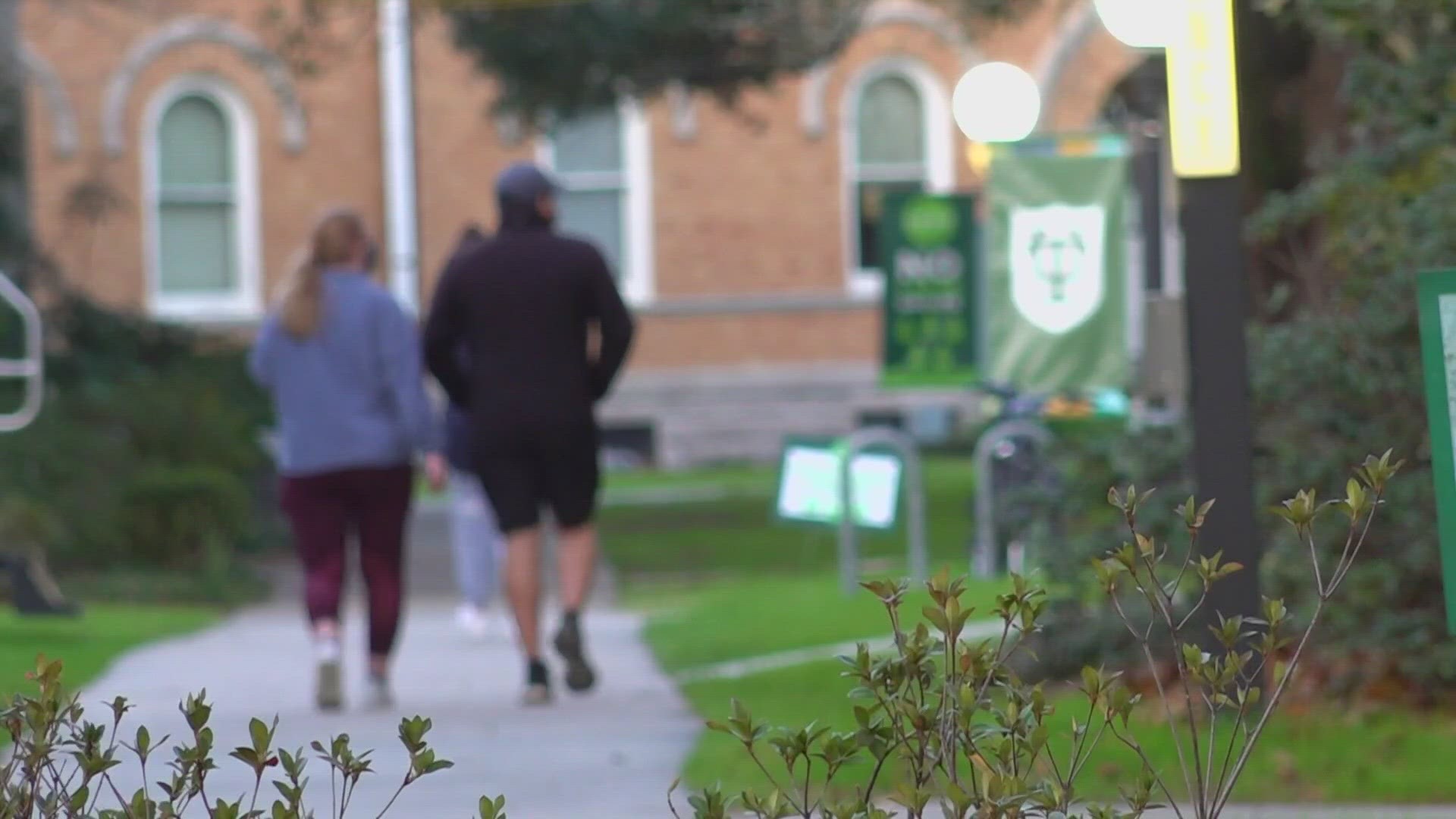NEW ORLEANS — With the U.S. Supreme Court striking down affirmative action in college admissions, reaction was predictable split along ideological lines.
But at schools throughout the U.S. that had used the program to promote student body diversity, the reaction was overwhelmingly disappointment.
At Louisiana colleges and universities, that feedback was no different. But given the vast differences between a flagship state university like LSU, elite private universities like Tulane University, and the state’s numerous historically black colleges, there was nuance in the immediate responses.
Southern University wrote in a statement, “The recent ruling by the U.S. Supreme Court regarding affirmative action will greatly affect access to diverse learning experiences. Ensuring access to the full range of opportunities in higher education remains paramount to maintaining a diverse workforce and inclusive leadership.”
In a statement emailed by Tulane University President Michael Fitts after the high court’s ruling Thursday, he wrote, “We know the best research and learning occurs on a campus that reflects our multicultural world, which in turn has the most positive impact on improving our society. We will continue to welcome and support students, faculty and staff from the widest range of cultural and educational backgrounds.”
Andrea Boyles, a Tulane sociology professor the university’s Associate Dean for Equity, Diversity and Belonging, offered a more critical opinion, stating that the 6-3 ruling along conservative-liberal will hamper the school from meeting those goals.
Boyles said what she gathered from the ruling was “a sentiment of hate.”
“I thought about the ways in which this is a blow to integration and making sure that takes place for black people particularly, and people of color generally,” she said.
Boyles said she believes the Supreme Court's dismantling of affirmative action will not only roll back decade of progress toward equality on college campuses, but beyond educational circles and into other areas of society.
“Given that it has now been deemed not necessary to factor racial oppression in, this has consequences for all spaces that center around affirmative action or at least have championed it in the past,” she said. “So this is about people’s employment opportunities that may not even be at universities.”
Professor Ashraf Esmail, a criminology professor and head of the Center for Racial Justice at Dillard University, said the optics of the decision are negative.
“Given a lot of what has been going on in the country in terms of race, I don’t think we’re quite ready yet (to dismantle affirmative action,” he said. “I envisioned this coming down the pipeline in another 10, 15, 20 years.”
But he said he is encouraged that so many universities are reiterating their support for campus diversity despite losing the tool of affirmative action.
“It's been a positive that a lot of university presidents say this doesn't change our mindset or our thought process. So the reaction may be overblown,” Esmail said.
But while encouraging words are one thing, future enrollment numbers will be the real test, he said.
“Time will tell. We just don't know,” he said. “A couple of years from now we can look at the enrollment figures and determine what the impact has been.”
Esmail noted that historically black universities like Dillard could actually see a silver lining if the ruling leads to a dark cloud of lower minority enrollment at elite institutions.
“HBCUs will now benefit,” he said. “Dillard and Southern University at New Orleans and other HBCUs in the country will benefit.”
More importantly for the immediate future, Esmail said, are measures that schools adopt to maintain their stated goals of broad diversity.
► Get breaking news from your neighborhood delivered directly to you by downloading the new FREE WWL-TV News app now in the IOS App Store or Google Play.

